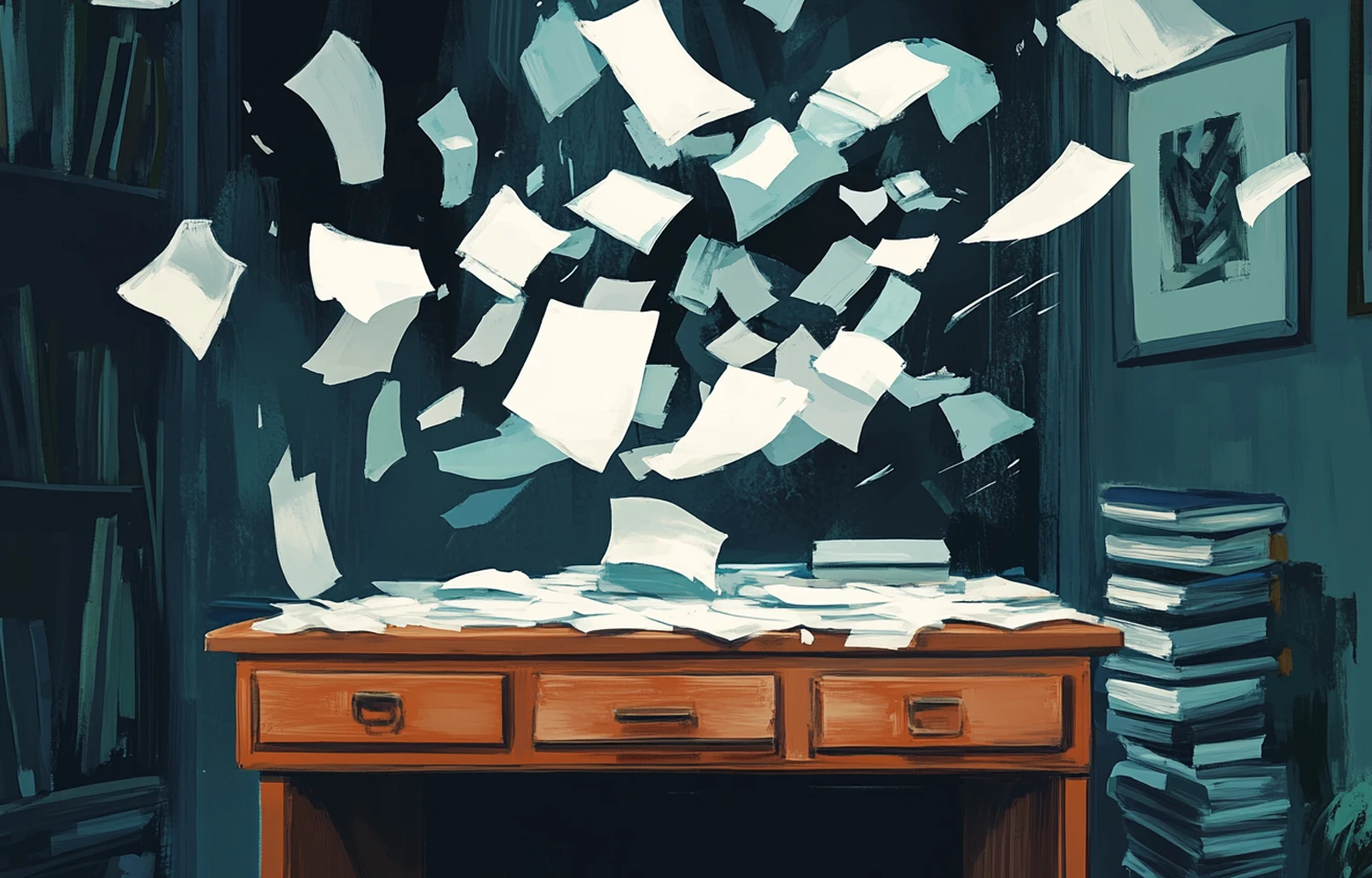
Stop Hoarding Tasks!
No matter which project management tool you prefer—YouTrack, Asana, Trello, or something else—they all share a common trait: adding new tasks is simple. The tricky part is completing those tasks or finding a strong enough reason to remove them. Naturally, this leads to tasks piling up.
And there’s a good reason for that. When everyone on a team can contribute ideas, it’s empowering, and great ideas can come from anyone. You want to capture those ideas before they’re lost, so they often end up added to your project management tool.
But generating ideas is much easier than turning them into reality. In a short time, we could devise enough tasks to keep us busy for years. And that’s before we even consider bug reports and user feedback. This creates a situation where hundreds of tasks accumulate, and many will never be addressed.
These tasks don’t just sit idle, either. They pop up in search results and appear when you filter by labels. Knowing they’re there creates a mental load—we feel obligated to do something about them. Maybe it’s a quick message asking for an update or a discussion during a planning meeting about whether it’s finally time to tackle them.
As a result, a lot of time is spent managing tasks that never see progress. In extreme cases, teams might conduct a “spring cleaning,” where hundreds of old tasks are deleted. But sometimes, instead of deletion, tasks are merely re- categorised or re-prioritised, akin to shoving clutter into a closet.
Interestingly, while we recognise hoarding physical items as a problem—since unnecessary stuff takes up space and makes it harder to find what we need—digital hoarding, though not physical, has a similar effect. It consumes our time and focus, keeping us from prioritising the work that really matters.
There’s no one-size-fits-all solution to this issue. Occasionally, deleting outdated tasks helps, but until that decision is made, these tasks still need to be managed.
A more efficient approach might be to make it harder to create tasks in the first place. Instead of adding every idea by default, we could require a justification process to ensure the task is worth capturing and likely to be worked on. This way, team members can still contribute, but only the most valuable ideas get recorded.
Of course, it’s not easy to determine which tasks are worth tracking. It’s tempting to save everything, just in case, much like we hold onto physical items, thinking we might need them someday. However, projects evolve, and tasks often lose relevance as priorities shift.
While I don’t have an easy solution to this challenge, one idea I’m considering is separating tasks into different spaces. For example, if YouTrack is your primary tool, you could offload less critical tasks into Trello. This way, you’re still storing those ideas, but they’re out of the way—like moving clutter to a storage room instead of letting it pile up in your everyday workspace.
Article by Dave
Related posts
Striking the Balance in Software Development
When it comes to software development, there’s always that internal tug-of-war between under-engin
Why Taking Time to Explain Makes All the Difference
Why bother making a post to explain something that seems so basic? Who even cares? Surprisingly, a l
Meshamorphosis: Revolutionising 3D Model Conversion
As creators of web-based applications, we are continually faced with the challenges and advantag



